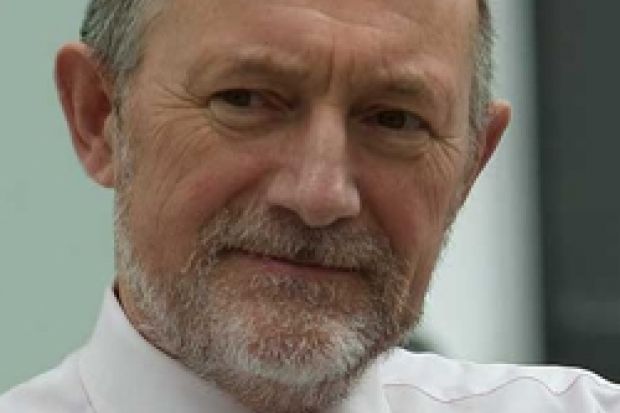Malcolm McVicar, who leads the University of Central Lancashire, was speaking as his institution announced that it would charge the maximum fees permissible in 2012.
Dr McVicar denied reports that he had recently broken down in tears when addressing staff on the prospect of setting higher fees, claims he said were a “gross exaggeration”.
However, he added that he had been “angry” when discussing the coalition’s policies.
He said of the tuition-fee rise: “My own view is that [the government] should pause this until 2013, perhaps as it has done with the NHS.”
As more universities opt for maximum fees, the government faces the prospect of soaring student-loan costs – and may cut funding in response.
Dr McVicar warned that the government’s forthcoming higher education White Paper, expected in May or June, “must not be a knee-jerk reaction” to the fact that its predictions on fee levels were wrong.
“It has talked about cutting funded [student] numbers, which I think would be very damaging to the British economy,” he said. “It has talked about – God knows how it would do this – cutting numbers apart from those universities that are excellent for quality.”
He added that he was also worried about “pressures to encourage higher education in further education colleges”.
Dr McVicar argued that the White Paper should be delayed to allow time for an in-depth study on the future of higher education, and questioned the quality of the Browne Review, which paved the way for higher fees.
“We really need another Dearing,” he said. “Browne wasn’t Dearing. We need a high-powered, respected, broad-based commission to look at the future of higher education from where we are now.”
Asked whether there was any realistic prospect of such a commission, Dr McVicar said: “I would argue for it very strongly. David Willetts [the universities and science minister] is no fool. He must now know that rushing policy doesn’t help.”
He admitted to worries about the impact that £9,000 fees would have on students from poorer backgrounds applying to Uclan.
“Anyone who didn’t worry about that would be crazy,” he said. But he added that the university would institute targeted bursaries, continue its outreach work and maintain its commitment to widening participation.
Register to continue
Why register?
- Registration is free and only takes a moment
- Once registered, you can read 3 articles a month
- Sign up for our newsletter
Subscribe
Or subscribe for unlimited access to:
- Unlimited access to news, views, insights & reviews
- Digital editions
- Digital access to THE’s university and college rankings analysis
Already registered or a current subscriber? Login
